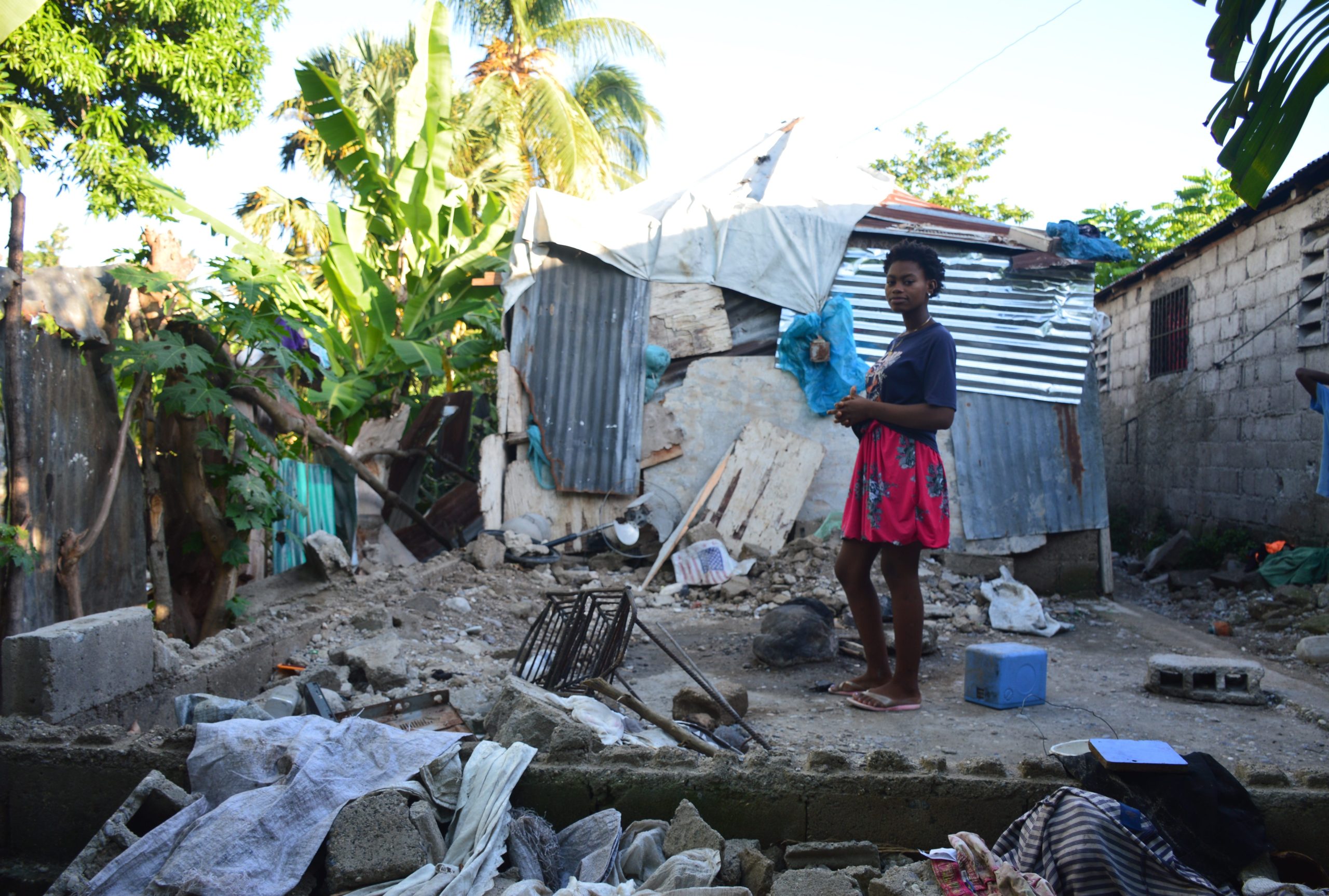The escalation of violence in Haiti continues, “with armed gangs committing murders and acts of sexual violence,” as the United Nations Humanitarian Coordinator, Ulrika Richardson, told reporters at a virtual press conference from the Haitian capital, Port-au-Prince. There are more than 5 million people who need assistance, just under half of the total population. The most critical need is food insecurity, with a significant increase in cases of malnutrition in the past year, especially among children and pregnant women. The issue of daily violence inflicted upon the civilian population is a major concern. In 2023, more than 8,400 people were reported killed, injured, or kidnapped, more than twice as many as in 2022. The gangs continue to fight for the territory and are estimated to control up to 80% of Port-au-Prince. Richardson said in her many years of working for the United Nations, “I’ve seen things here that I’ve never seen in my life, that go beyond the worst nightmare.” Richardson talks about the suffering and pain that men, women, and children are subjected to, referring to the 50% increase in sexual violence between 2022 and 2023 and 314,000 Haitians who left their homes to escape violence, many of whom now live on the street and in schools and need humanitarian aid.
The humanitarian appeal for Haiti: The United Nations calls for $674 million, about half of which is destined for food
This is a call for greater solidarity, and Haiti needs it, the country is going through one of the most critical moments in its recent history because of the armed gangs terrorizing the population.
Ulrika Richardson United Nations Humanitarian Coordinator
In the previous year, the United Nations had requested $720 million for its operations, but it received less than half of the amount. This year, the financial endowment is lower, while the needs are greater. Aid workers are using a more targeted approach and have learned how to improve the aid machine by building strong partnerships with local organizations.
The UN mission in Haiti: Hope for global response
On October 2, 2023, the United Nations Security Council approved an international mission to support the Haitian government. Kenya agreed to lead the mission on the ground, contributing 1000 items. However, the deployment was later blocked by a Nairobi court. Last week, a group of 10 countries unified and made funding commitments during the G20 meeting of foreign ministers in Rio de Janeiro, despite facing various difficulties. This week, Haitian Prime Minister Ariel Henry went to Kenya to discuss the mission, but due to the gangs’ disapproval of his actions, he has not been able to return to Haiti. Consequently, violence has worsened to an unprecedented level.
The situation for children is dire
Approximately 3 million children are in dire need of assistance due to the escalation of violence. Unfortunately, their access to education has been severely compromised, and many of them had relied on school nutrition for their daily meals. The situation has been so severe that 1,000 schools had to be closed during the month of January alone. Consequently, the education of children and young people has been particularly affected by this crisis, as stated by the UN coordinator in a recent interview.
From Port-au-Prince, the testimony of Flavia Maurello, head of AVSI in Haiti
AVSI has been operating in Haiti since 1999, providing assistance to the most vulnerable people in both urban and rural areas. The current situation in Haiti is concerning, as highlighted by Flavia Maurello, Country Director for Haiti. Political instability in the country has led to increased social unrest and the proliferation of armed gangs, who control entire areas of the capital, access to the port, and the border crossing. Currently, there is an institutional vacuum in Haiti, with illegitimate offices and no possibility of holding new elections, resulting in a paralyzed government.
Children and pregnant women are the most affected by Haiti's current state. The lack of schooling for children for several months negatively impacts the country's development. Additionally, pregnant women face challenges in accessing hospitals, with many arriving in their final month of pregnancy without ever receiving medical attention. The health situation in general is catastrophic, with politicians failing to manage the situation in the neighborhoods they serve. Canals are no longer cleaned, and there are piles of garbage that have led to flooded homes and the return of the cholera epidemic.
Flavia Maurello, AVSI Haiti Country Director
The situation right now
"Currently, there are no indications of potential dangers towards humanitarian workers. However, the situation is volatile and may change at any moment. What is true today may not be valid tomorrow. We are greatly concerned about this serious crisis that has never been experienced before. Our organization, AVSI, has opened up our office, but we are unable to carry out activities in the capital. Nonetheless, our projects in the peripheral areas of the country are continuing. In Port-au-Prince, we work in the bidonvilles, which are currently experiencing violence. We are unable to provide first aid and the services we usually offer. Our primary concern is for our staff who reside in these areas. People are unable to enter their houses, some have lost them, and others have found refuge in churches. Despite these difficulties, we continue to operate our office because it provides comfort to our staff. This part of the city is still functioning, but we anticipate an escalation. In the center of the city, there have been instances of looting, particularly in commercial establishments. Based on our observations, we are not the target. In fact, the target is the return of the prime minister." Explains Maurello.




